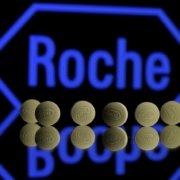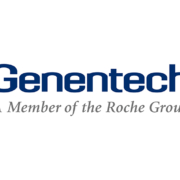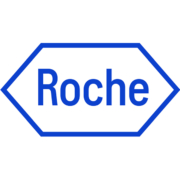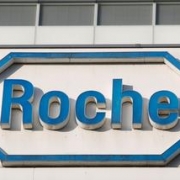Roche’s Ocrevus achieves near-complete reduction of relapse, lesions in MS
Roche’s Ocrevus achieves near-complete reduction of relapse, lesions in MS
Published: Apr 18, 2024
By Tristan Manalac
BioSpace
Roche subsidiary Genentech on Wednesday released data from the Phase III OCARINA II study, showing that its investigational subcutaneous formulation for Ocrevus (ocrelizumab) strongly reduced relapses and brain lesions in patients with relapsing or primary progressive multiple sclerosis.
Through 48 weeks of follow-up, subcutaneous Ocrevus resulted in the “near-complete suppression of relapse activity,” according to the announcement, which detailed that 97.2% of treated patients had no relapse during the study’s treatment phase.
Magnetic resonance imaging also showed that most patients did not have T1 gadolinium-enhancing lesions and that there were no new or enlarging T2 lesions. Both lesion types are indicators of disease burden and suggest active inflammation.
An exploratory analysis also found that 92.3% of patients were satisfied or very satisfied with subcutaneous Ocrevus, while 90.1% agreed that it was convenient or very convenient.
In terms of safety, the subcutaneous formulation had a similar adverse event profile compared with its currently approved intravenous (IV) version. The most common side effects were injection reactions, erythema, pain and swelling, all of which were either mild or moderate in severity. None of the patients dropped out of the study due to toxicities.
Genentech CMO Levi Garraway in a statement said that these data establish that “this 10-minute subcutaneous Ocrevus injection shows results that are consistent with the long-established benefits of intravenous Ocrevus.”
The company will work with regulatory authorities worldwide to “potentially bring an additional treatment option to more people living with MS [multiple sclerosis], in a shorter injection time,” Garraway added. The FDA has accepted Genentech’s submission and is set to release its verdict by September 2024.
Ocrevus is a humanized monoclonal antibody that targets the CD20 protein, which is typically expressed on B-cells. According to its label, the exact mechanism of action is unknown but is believed to elicit the destruction of the cells that it binds to.
The FDA first approved Ocrevus in March 2017 for relapsing and primary progress MS. In December 2020, the drug secured another approval for a shorter infusion time, which lowered treatment duration to two hours, down from the previous 3.5 hours. Currently, Ocrevus can only be administered intravenously.
According to Genentech, its subcutaneous formulation is designed to be administered twice-yearly and takes 10 minutes for the injection process. If approved, the company contends that the subcutaneous injection could “expand the usage of Ocrevus to treatment centers without IV infrastructure or with IV capacity limitations.”
Source: BioSpace




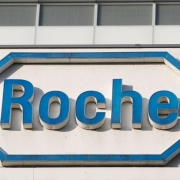 Reuters
Reuters